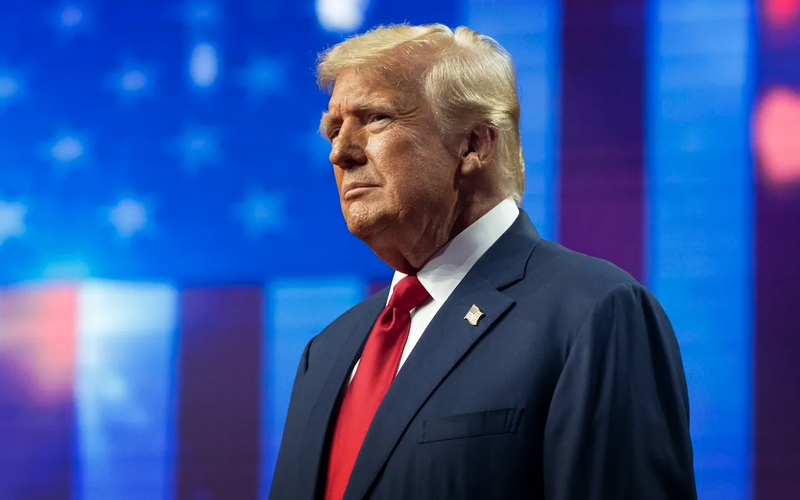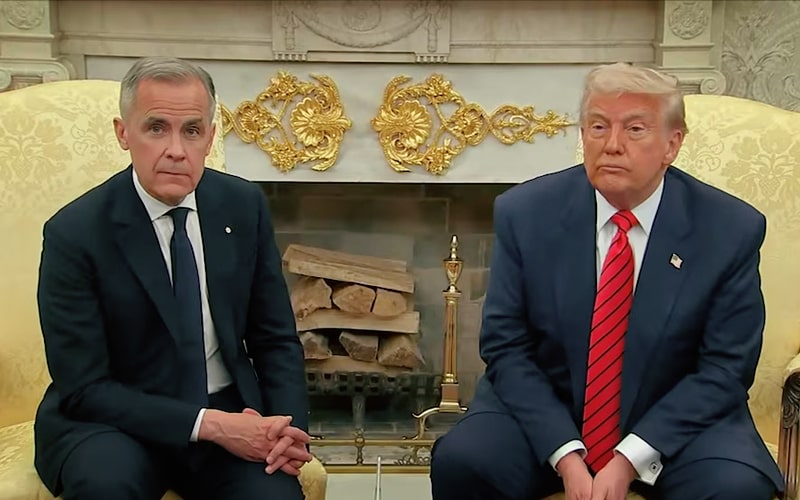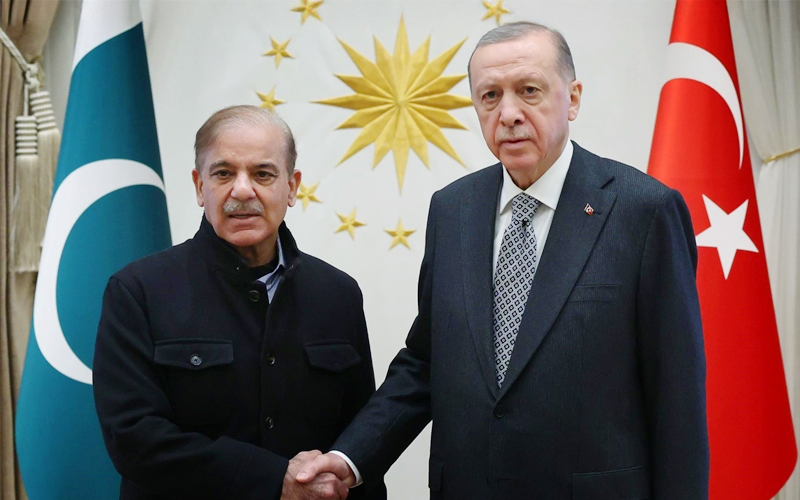U.S. President Donald Trump has suggested that the steep tariffs recently imposed on Chinese imports could soon be lowered, as high-level trade talks between Washington and Beijing are set to begin this weekend in Switzerland. The comment marks the clearest signal yet that both sides may be preparing to ease the escalating trade conflict. “You …
Trump Signals Possible Tariff Rollback as U.S-China Trade Talks Begin

U.S. President Donald Trump has suggested that the steep tariffs recently imposed on Chinese imports could soon be lowered, as high-level trade talks between Washington and Beijing are set to begin this weekend in Switzerland. The comment marks the clearest signal yet that both sides may be preparing to ease the escalating trade conflict.
“You can’t get any higher. It’s at 145, so we know it’s coming down,” Trump said, referencing the current tariff rate placed on Chinese goods since his return to office. He made the remarks while unveiling a separate tariff deal with the UK—the first since his administration’s sweeping tariff announcements in April.
The upcoming negotiations, led by U.S. Treasury Secretary Scott Bessent and China’s Vice Premier He Lifeng, are aimed at finding common ground to reduce the economic tensions between the world’s two largest economies. Trump described the planned meeting as “very friendly,” saying both parties were “looking forward to doing it in an elegant way.”
China’s Vice Foreign Minister Hua Chunying echoed that optimism, stating that Beijing has “full confidence” in managing trade issues with the U.S.
Analysts warn, however, that while the talks are a welcome development, any resolution will likely take time. “This is just the beginning of what will be a lengthy and difficult process,” said Stephen Olson, a former U.S. trade negotiator. He noted that any immediate tariff cuts are expected to be “minor.”
Eswar Prasad, former head of the IMF’s China division, said a realistic outcome would be a modest rollback of the most extreme tariffs, not a comprehensive trade deal. “It would still leave high barriers and restrictions in place,” he said.
Official data released Friday showed that China’s exports to the U.S. fell by over 20% year-on-year in April, even as overall exports grew by 8.1%, suggesting that the trade war has taken a toll on both economies.
The talks come just days after the UK struck a tariff agreement with the U.S., securing relief for key industries including automotive, steel, and aluminum. With a global deadline looming for the new U.S. tariffs to take effect next month, other nations are now racing to secure similar deals.
Trump’s April announcement of “reciprocal tariffs” sparked widespread concern across global markets. Though the measures were paused for 90 days to allow negotiations, the pressure remains high for countries to strike favorable terms with Washington before the deadline expires.
Subscribe to Our Newsletter
Keep in touch with our news & offers












